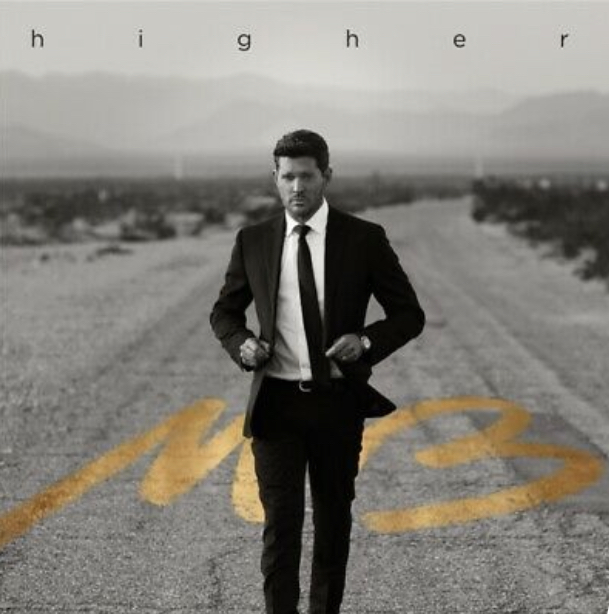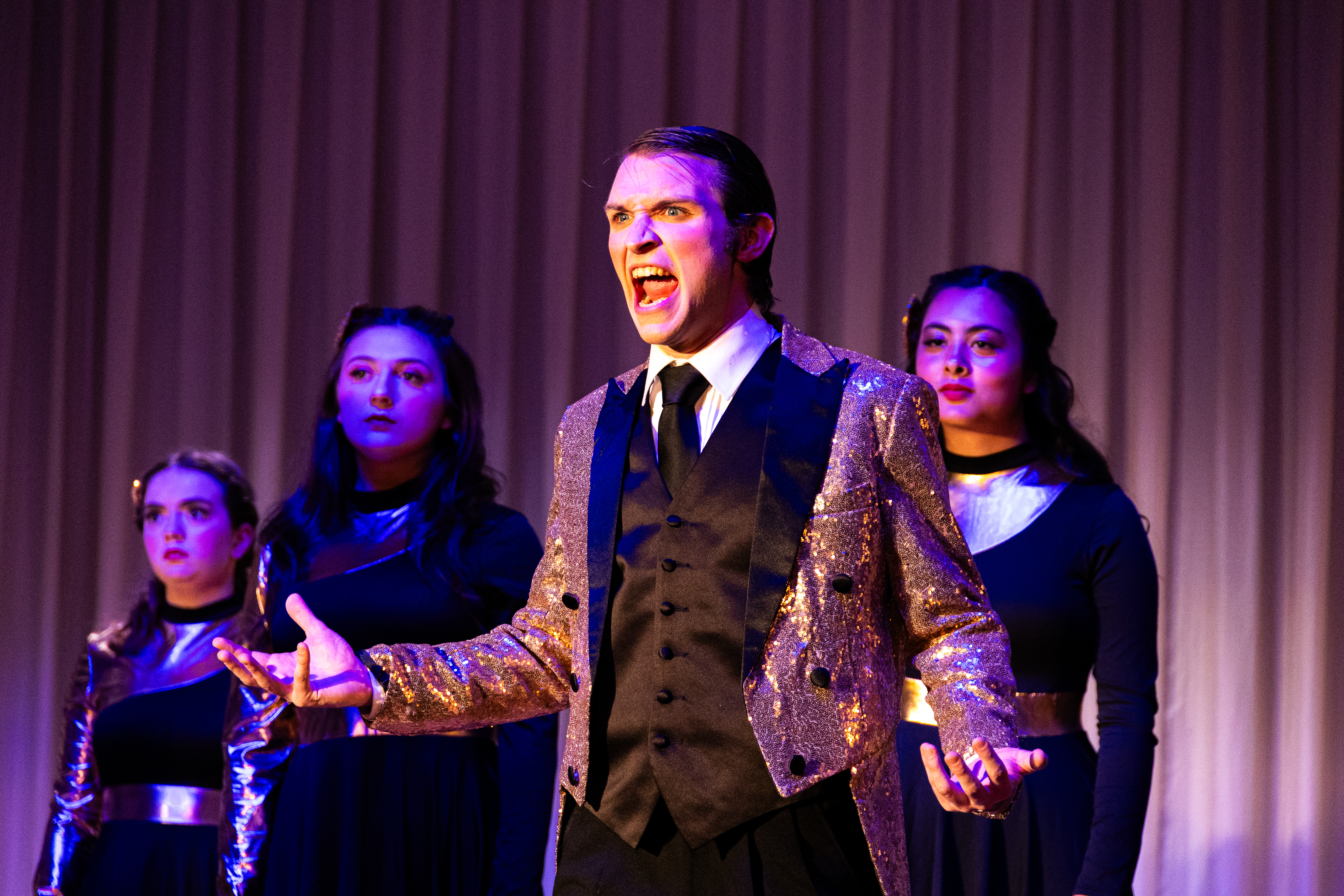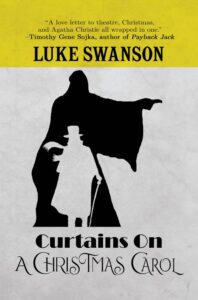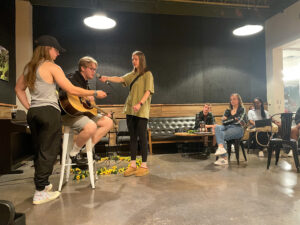While we may think of Bublé as a once-a-year kind of guy, thanks to his multi-platinum 2011 Christmas album, he in fact puts out other music. One such example appeared on March 25, 2022, when he released his 11th studio album, “Higher.”
This new record is Bublé’s first in four years, following his 2018 album, “love,” and consisting of many jazz and big band inspired cover songs. However, Bublé throws some original compositions in the mix as well.
The first of these originals, and the lead single, is “I’ll Never Not Love You.” The song is quiet in terms of instrumentation and serves as a somber opening to the album. Lyrically, however, “I’ll Never Not Love You” is a passionate love letter and reminds me of “Never Gonna Give You Up” by Rick Astley. Words like “I’ll never run, leave you behind / I’ll never hurt you like he hurt you / I’ll never say goodbye”sound thematically similar to the 1987 hit.
Another notable original is the album’s title track. “Higher” possesses a Latin-inspired piano groove and sharp, staccato vocal melodies. “Higher” transitions into “Crazy,” a Willie Nelson original, which sounds like a Spanish/country-style waltz. “Crazy” is also the only duet on the album, featuring Nelson swapping vocals with Bublé.
As fun as some of the original songs are, the real stars of “Higher” shine when Bublé returns to his roots and performs covers of big band/jazz inspired classics.
One of these big band tracks is “Smile,” a song originally written by Charlie Chaplain (and popularized by well known artists such as Nat “King” Cole and Michael Jackson). Many found it surprising Bublé had never covered this iconic song in a recorded setting before, but on “Higher,” he hits it out of the park, adding beautiful orchestration and choir to the track.
“A Nightingale Sang in Berkeley Square” is another jazz cover Bublé covers, a track originally performed by Vera Lynn. While with “Smile,” Bublé stays faithful to the source material, he truly makes this track his own, omitting the flutes from the original, and adding bombastic trumpets and other brass instruments, in typical Bublé fashion.
Bublé also covered several rock/pop songs without jazz influences. One of these was released as the album’s second single, a cover of Paul McCartney’s “My Valentine.” While McCartney’s version is in essence, a piano ballad with hints of acoustic guitar, Bublé brings on a full orchestra of stringed instruments, giving the illusion of a big band inspired piece.
“You’re My First, My Last, My Everything” is another cover highlight. Originally performed by Barry White, the song was first released in 1974 as a disco track. Bublé stays relatively true to the original and opts for a full stringed orchestration to provide the disco sound. The strings in Bublé’s version stand out more than in the original. Bublé also provides a valiant vocal effort, especially as he and White possess a similar baritone range. However, I tend to lean to the original when it comes to playing favorites.
“Higher” is a standard Bublé album, consisting of classic covers with a few originals thrown in. I find the covers on this record far outshine his originals, especially as Bublé is known for his big band covers.
Out of 10 stars, I’d give this album a 6.5. While the record is hit or miss at some points, when it hits, it hits hard. Bublé himself is a rather divisive artist in his own right. Many fans like how he changes up old classics for a younger generation, while others dislike him because he “only sings covers” (which, as we’ve seen on this record, isn’t entirely true).
If you are a Michael Bublé fan, I couldn’t recommend this album enough, and, even if you’re not, from a pure music standpoint there’s quite a few moments in 2022’s “Higher” which are worth checking out.











Be First to Comment